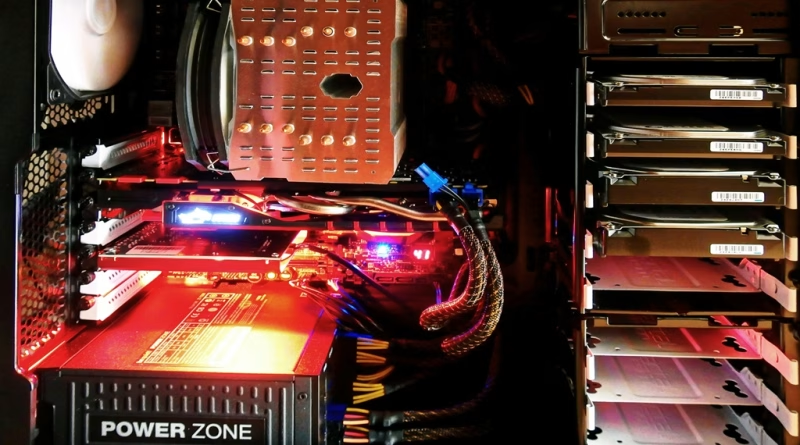RAM vs. CPU vs. SSD: A Tech Showdown for Your Money
You’ve decided to upgrade your computer, and you’ve got a budget set aside. Now you face the classic, paralyzing question: where will your money make the biggest difference? Should you invest in a faster processor (CPU), more memory (RAM), or a speedier storage drive (SSD)?
It’s the ultimate tech showdown for your upgrade dollars. While all three are critical to your PC’s performance, each one impacts the user experience in a very different way. Pouring money into the wrong component can lead to a disappointing, unbalanced system.
To help you make the smartest choice, we’re breaking down which component you should prioritize based on how you actually use your computer.
The Contenders: Understanding Their Roles
First, a quick refresher on what each component does:
- The CPU (The Brain): The Central Processing Unit executes instructions and performs calculations. A faster CPU allows your computer to “think” faster, which is crucial for tasks like gaming physics, video rendering, and complex computations.
- The RAM (The Workbench): Random Access Memory is your computer’s ultra-fast, short-term workspace. It holds all the applications and files you are actively using. More RAM means a bigger workbench, allowing you to multitask with more programs at once without slowing down.
- The SSD (The Library): The Solid-State Drive is your computer’s long-term library where your operating system, programs, and files are stored. Its speed determines how quickly your PC can boot up and retrieve programs to place them on the RAM “workbench.”
The Showdown: Where to Spend Your Money
The “best” upgrade depends entirely on your user profile.
If You Are a Gamer…
- Your Priority: The highest and smoothest frame rates (fps) possible.
- The Verdict: Your money should almost always go to the GPU (Graphics Card) first and foremost. But among our three contenders, a powerful CPU is the next most critical component. A weak CPU will “bottleneck” a strong GPU, preventing it from reaching its full potential. After ensuring you have a capable CPU, an SSD is essential for fast game load times, and 16GB of RAM is the comfortable minimum.
- Your Upgrade Order: GPU > CPU > SSD > RAM
If You Are a Content Creator (Video Editor, 3D Artist, Designer)…
- Your Priority: Fast rendering and encoding times, and smooth performance when working with massive, multi-layered project files.
- The Verdict: This is a much more balanced fight. A CPU with a high core count is absolutely vital for tasks like video rendering. At the same time, a large amount of fast RAM (32GB or even 64GB) is non-negotiable, as creative applications like Adobe Premiere Pro and After Effects are incredibly memory-hungry. A fast NVMe SSD is also crucial for quickly reading and writing the huge video and project files you work with.
- Your Upgrade Order: A balanced investment in CPU and RAM first, followed closely by a large, fast SSD.
If You Are a General User (Web Browse, Office Work, Streaming)…
- Your Priority: A fast, snappy, and responsive system for everyday tasks. You want your computer to boot up instantly and open Chrome without hesitation.
- The Verdict: The answer here is overwhelmingly, indisputably, the SSD. If your computer is still running on an old mechanical hard disk drive (HDD), upgrading to an SSD will provide the single most dramatic and noticeable performance improvement you can make. It is a night-and-day difference. After that, ensuring you have at least 16GB of RAM will make multitasking with many browser tabs a smooth experience. The CPU is the least critical upgrade for this user; even modern budget CPUs are more than powerful enough for these tasks.
- Your Upgrade Order: SSD (by a massive margin) > RAM > CPU
The Final Takeaway
There is no single “best” component to upgrade. The smartest way to spend your money is to honestly assess your primary use case. By identifying whether you are a gamer, a creator, or a general user, you can invest your budget with confidence, targeting the exact component that will give you the biggest boost in performance for the things you do every day.




